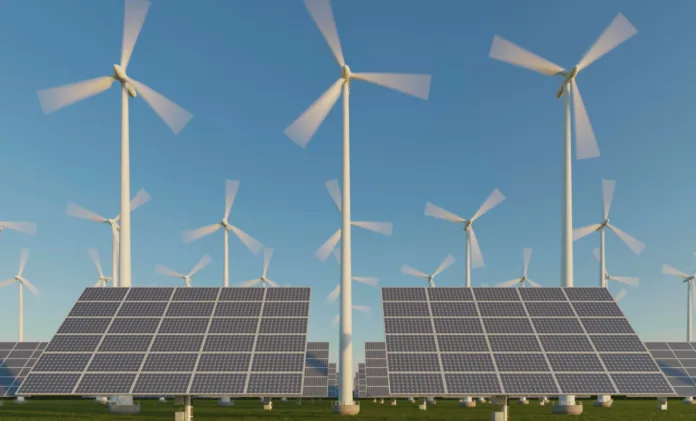Egypt renewable energy projects: Landmark wind and solar projects in the Gulf of Suez and Aswan
Egypt has taken a significant step towards a greener future, partnering with UAE-based AMEA Power to invest $600 million in transformative renewable energy projects. The agreement, signed during the inauguration of the Abydos 1 solar power plant in Aswan, reflects a shared vision for a sustainable energy revolution.
At the heart of this collaboration lies a 500-megawatt wind farm in the Gulf of Suez, poised to inject clean energy into the national grid. Located near the northern edge of the Red Sea, the wind project aligns with Egypt’s ambitious goal of generating 42 per cent of its electricity from renewable sources by 2030. Prime Minister Mostafa Madbouly emphasised the strategic importance of this initiative, stating it underpins Egypt’s broader commitment to reduce reliance on fossil fuels.
The Abydos 1 solar power plant, nestled in Aswan’s Kom Ombo desert, serves as the flagship project of this alliance. Developed by AMEA Power, this solar facility is expected to bolster the nation’s renewable energy output while stabilising its electricity grid. By minimising power outages and cutting fossil fuel dependency, the project offers Egypt a path toward a cleaner, more resilient energy future.
Mahmoud Esmat, Egypt’s Minister of Electricity and Renewable Energy, hailed the solar project as a symbol of the country’s dedication to reducing greenhouse gas emissions. He stressed that leveraging Egypt’s abundant natural resources—such as consistent sunshine and strong desert winds—is central to achieving its renewable energy vision.
Embed from Getty ImagesThe government has also pledged to create a favourable climate for international investments, with a focus on sustainable development. The $600 million partnership with AMEA Power is expected to generate substantial economic benefits, including job creation in renewable energy sectors and reduced carbon emissions.
Madbouly noted that advancing renewable energy has become a national priority, particularly as Egypt grapples with the dual challenges of energy security and environmental sustainability. This agreement, he said, demonstrates the country’s readiness to position itself as a leader in the global transition to clean energy.
The Cabinet echoed this sentiment, highlighting how the new projects will stabilise the national grid while contributing to the global fight against climate change. These efforts also align with Egypt’s strategy to attract global investment, showcasing its role as a key player in the Middle East’s renewable energy sector.
AMEA Power’s involvement further underscores the importance of international partnerships in tackling climate challenges. As Egypt shifts its energy strategy, projects like the Gulf of Suez wind farm and the Abydos 1 solar plant provide hope for a greener tomorrow. However, the stakes remain high. With time running out to mitigate climate disasters, these initiatives are not just an economic opportunity—they’re a race against environmental collapse.
